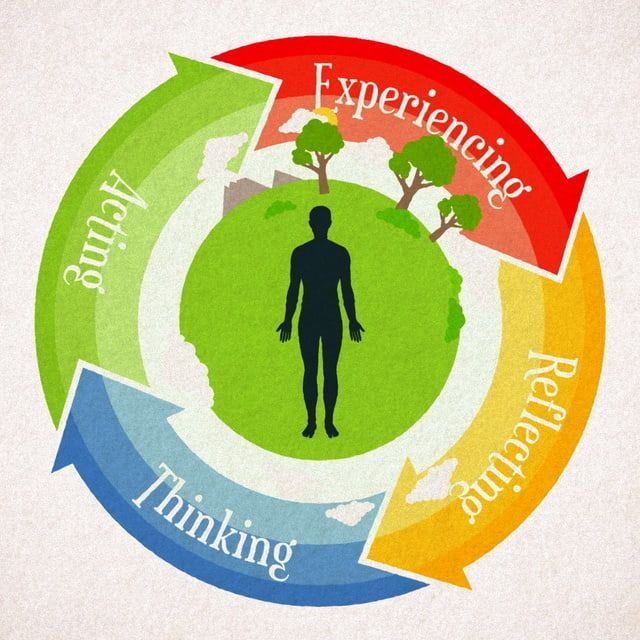Whole-school projects play an integral role in improving the quality of learning in educational institutions. By involving every stakeholder connected to the school, these projects aim to provide a comprehensive approach to development and progress. The professional development of teaching staff is a key aspect in this process. This article will examine the continuing professional development (CPD) aspects of a whole-school project and discuss its importance in driving improvement.
1. Collaboration and Teamwork
One of the most important CPD aspects involved in whole-school projects is collaboration and teamwork, where teachers, administrators, support staff, students, and parents work together towards common goals. As staff members collaborate more effectively with their peers, interdisciplinary relationships are strengthened and ideas for new teaching strategies are exchanged – ultimately leading to improved student outcomes.
2. Training and Skill Development
In a whole-school project, teachers are exposed to various professional development opportunities like workshops, seminars, conferences, e-learning courses, etc., that primarily focus on their personal interests, needs and requirements. Through these training programs, educators learn about new teaching methodologies and innovative technologies that can significantly contribute to their professional growth.
3. Reflection and Growth
The CPD process in any whole-school project encourages teachers to engage in regular self-reflection on their current practices and identify areas that warrant improvement or change. Reflection encourages teaching staff to ask thoughtful questions about their practice – helping them to develop more effective teaching techniques while fostering a culture of continuous growth.
4. Teacher Leadership Opportunities
A whole-school project also creates numerous leadership opportunities for teachers enabling them to develop professionally. These opportunities may include mentoring student-teachers or early-career educators, facilitating teacher collaboration within the school community or even contributing to local education policy discussions.
5. Targeted Support for Teaching Staff
Whole-school projects not only prioritize broad improvements but also provide targeted support for individual staff members depending on their roles, interests and personal career goals. This individualized focus on CPD ensures optimal growth and development for each member of the teaching staff.
6. Ongoing Evaluation and Adaptation
Continuing professional development within a whole-school project must be continuously assessed and analyzed to ensure that objectives are being met and educators are receiving the required support to reach their full potential. As schools move forward with such projects, implementing flexible approaches that adapt to changing priorities will ensure the longevity of the CPD program.
In conclusion, the CPD components of a whole-school project play an instrumental role in nurturing professional growth and development among teaching staff at all levels. By cultivating a strong culture of collaborative effort, skill enhancement, self-reflection, leadership development and evaluation, a whole-school project is primed to support its teachers in their pursuit of excellence – ultimately leading to improved education outcomes for students.





